Russia’s war revives ‘neutrality’ debate
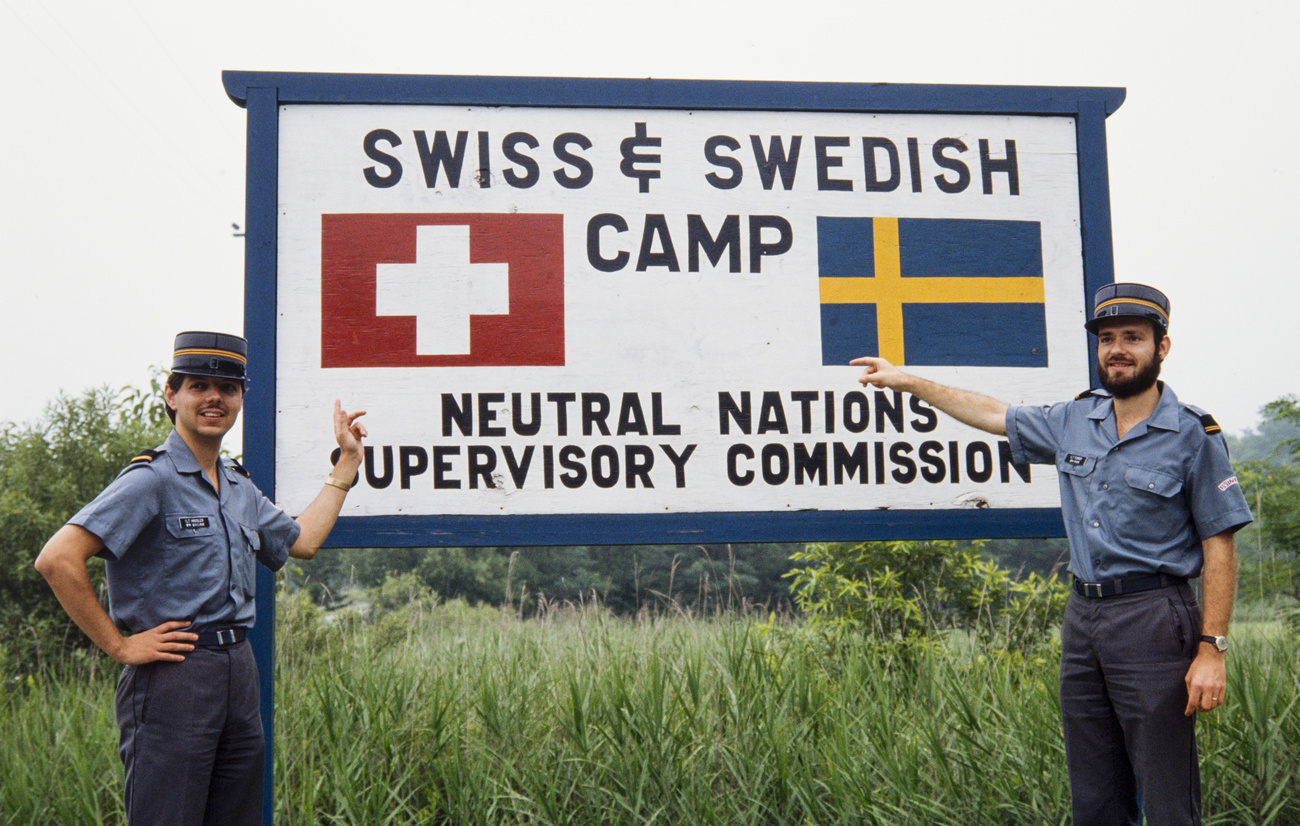
One of Vladimir Putin’s war demands is Ukrainian neutrality. Switzerland has just changed its interpretation of its own neutrality. Countries like Sweden and Taiwan are also recalibrating. We examine the difficult principle of non-interference.
Russian President Vladimir Putin used the principle of neutrality as a casus belli for his invasion of Ukraine. Russia is unwilling to stop bombing its neighbour unless Ukraine relinquishes its right to join the Western defence alliance NATO or the European Union. The scale of the aggression pushed neutral Switzerland to revisit its own notions of neutrality, long upheld as a foreign principle conducive to peace and stability in Europe. Similar soul-searching unfolded in other neutral states, including Sweden.
Neutrality was “an inspiration and ideal for many states in the 20th century”, says Johanna Rainio-Niemi, a historian focused on neutrality at the University of Helsinki in Finland*, one of five EU nations upholding elements of neutrality in their foreign policy. That’s because neutrality is generally associated with peace and prosperity.

But after the Russian attack on Ukraine, many countries were perceived internationally and domestically as having “given up” their neutrality. Switzerland broke with tradition when it joined Western nations in adopting sanctions against Russia so far-reaching and tough that they are tantamount to economic warfare. Sweden, which like Switzerland maintained controversial neutrality during the Second World War, went even further, pledging direct military support for Ukraine.
“Sweden is giving up its neutrality,” the German public broadcaster ZDF concluded after the historic decision by the Swedish parliament at the end of February to support Ukraine with weapons. And in the New York Times, the Swiss government’s decision to join the EU sanctions against Russia was described in the headline as “setting aside a tradition of neutrality”.
This perception was reflected in domestic debates on the subject – with different conclusions.
In EU member Sweden, the national conservative party, the Swedish Democrats, demanded a radical departure from previous policy and accession to the NATO military alliance. No question, Russia’s invasion of Ukraine changed the security calculus of nearby Nordic nations. In contrast, the right-wing Swiss People’s Party lamented the adoption of EU sanctions against Russia, describing it as the “end of neutrality”. This is not entirely surprising from a party that considered Swiss membership of the United Nations as incompatible with neutrality and now opposes Switzerland taking a temporary seat at the UN Security Council.

More
What Putin’s invasion means for the future of Switzerland
But it may be too early to bid neutrality farewell. “Neutrality is not defined by the sanctions question. That is neither the case in international law, nor a political condition for a neutral state,” says Pascal Lottaz, a Fribourg native who researches neutrality policy at the Waseda University in Tokyo, Japan.**

The Hague Conventions, Lottaz notes, explicitly allow “neutral states to import and export weapons”, regardless of whether a country is at war or not. The multilateral treaties, which were agreed on by world powers at the beginning of the 20th century, remain an important part of international humanitarian law.
Neutrality – a contemporary of democracy
From a historical perspective, neutrality is a contemporary of democracy. Both were invented in the city-states of Ancient Greece and were subject to wide-ranging interpretations through the ages until they became globally understood models of international governance in the 19th and 20th centuries. Switzerland has been a neutral country since 1815, including during the Second World War. Sweden declared itself a neutral state in 1834.
From a legal perspective, neutrality means a country will not take sides with a belligerent party in a specific conflict and will stay out of future wars. States that intentionally opt out of military alliances count as neutral. Around the globe about two dozen countries are considered neutral, primarily in Europe and Asia. But not only. In Latin America Costa Rica declared its “permanent, active and unarmed neutrality” in 1983. The African nations of Ghana and Rwanda are among those that recently joined the neutral bandwagon.
For Johanna Rainio-Niemi neutrality has been a “success story” for several countries: she counts EU members such as Ireland, Austria and her own country, Finland, which no longer calls itself neutral since joining the EU, among these. But there are also plenty of examples where neutrality failed to protect a state from aggression: Belgium, which was attacked by Germany during the First World War, or Cambodia during the Vietnam War, which was attacked by both North Vietnam and the United States.
“Neutrality is always successful when it either serves the interests of all parties, or at least doesn’t appear as an existential threat to any of them,” says Lottaz.
More
The violence of inter-state conflicts in the 20th century gave rise to new forms of neutrality. Among them are innovative solutions for contested territories, such as the Baltic archipelago of Åland between Sweden and Finland (1920) or the Spitsbergen Treaty of 1925, which to this day secures the peace of the Arctic Archipelago of Svalbard. In 1959, the Antarctic Treaty managed to “neutralise” an entire continent.
Neutrality is currently the subject of intensive discussion in Asia: both the Association of Southeast Asian Nations (ASEAN) and the Pacific island nation of Taiwan are considering this path to shield themselves from military tensions between China and the US.
“As long as there are international conflicts, neutrality has a future,” says Lottaz. “The big question is how we can apply it to advance peace.”
(Translated from German by Catherine Hickley)
*Johanna Rainio-Niemi, Neutrality as Compromises: Finland’s Cold War Neutrality (2021); Rowman and Littlefield.
**Pascal Lottaz, Neutral Beyond the Cold: Neutral States and the Post-Cold War International System (2022); Lexington Books.
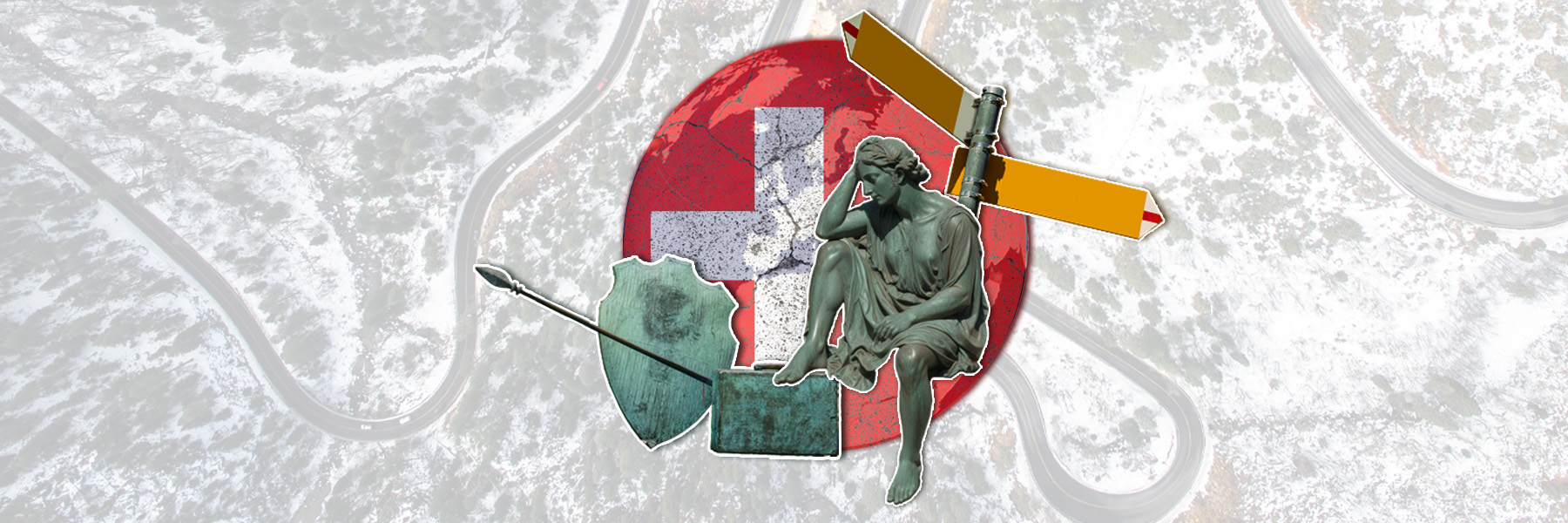
More
What does the future hold for Swiss neutrality?

In compliance with the JTI standards
More: SWI swissinfo.ch certified by the Journalism Trust Initiative









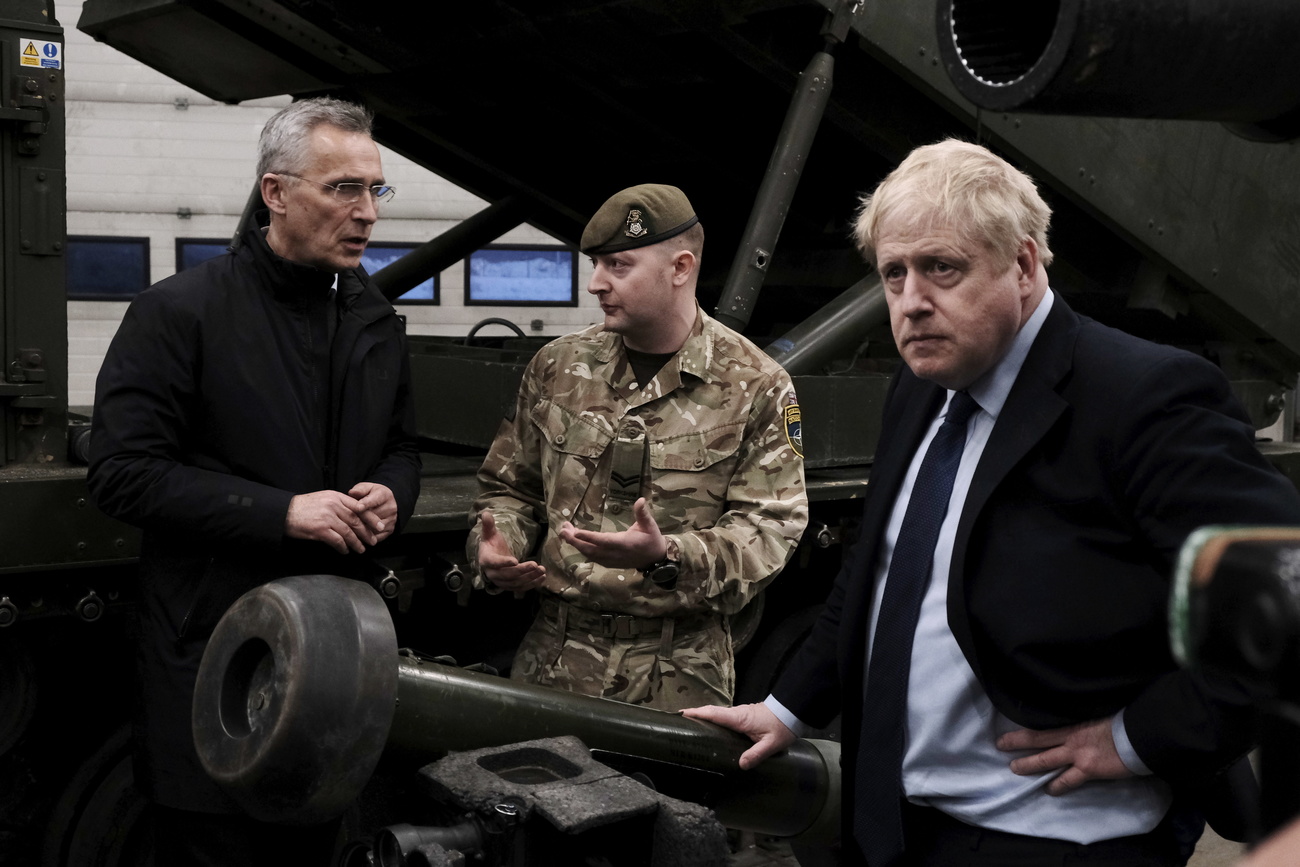
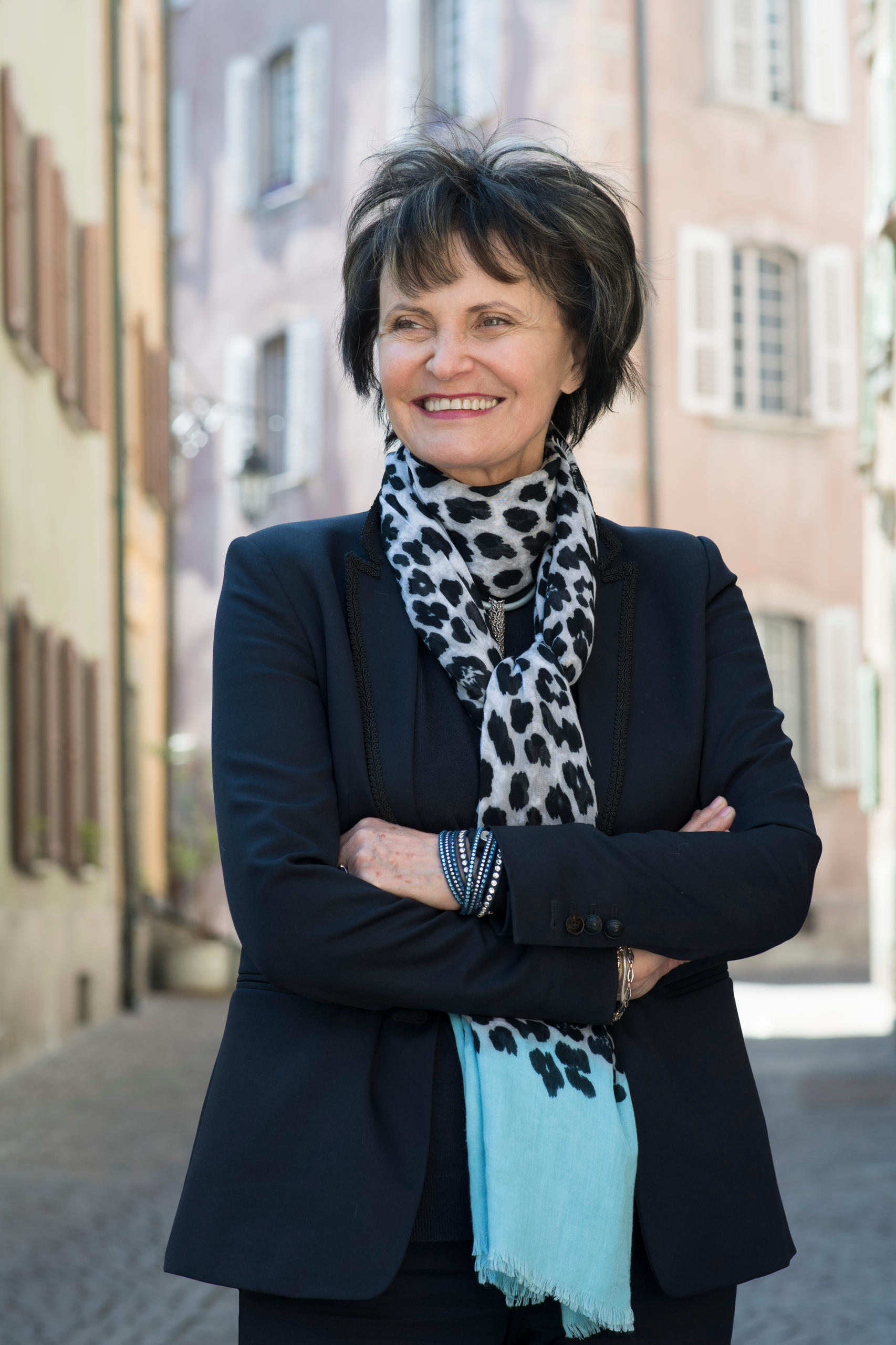
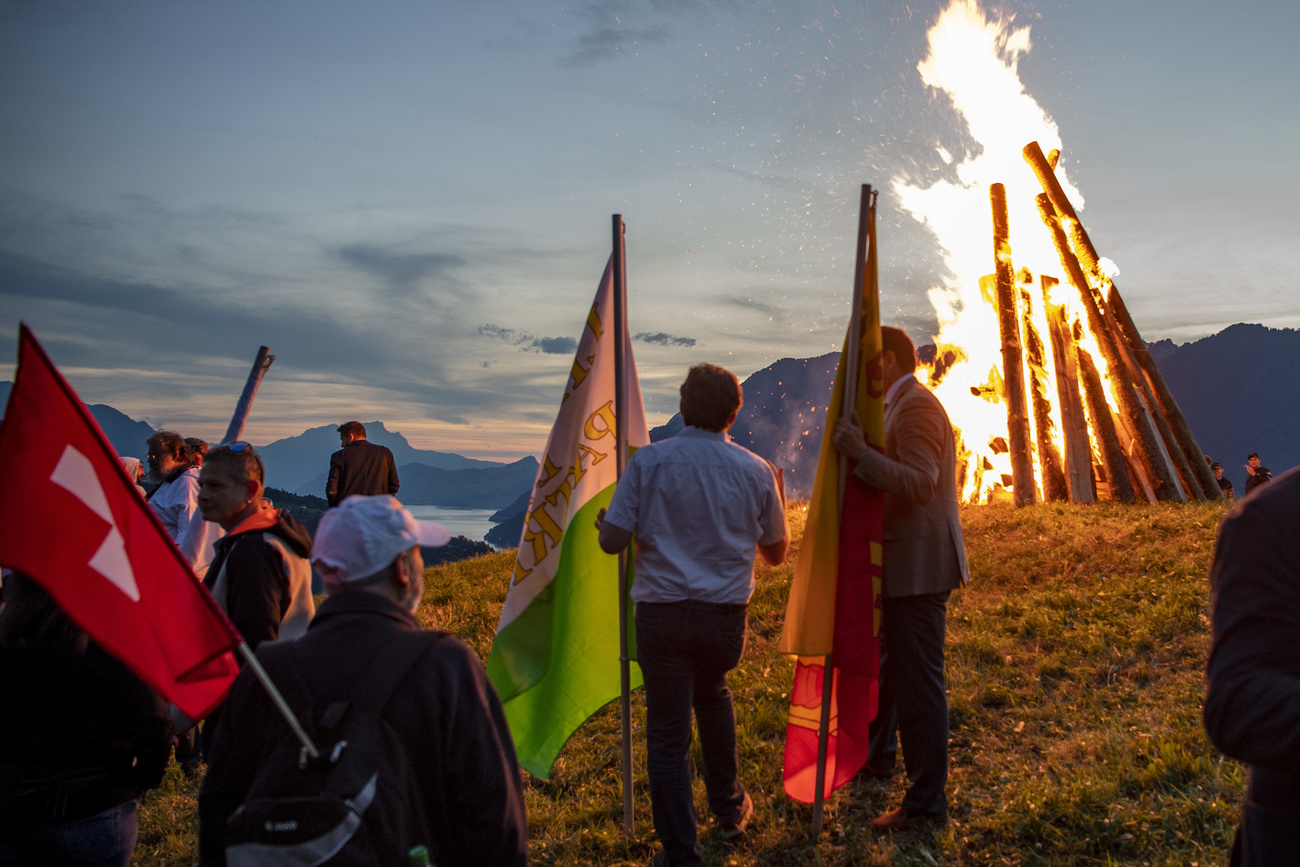
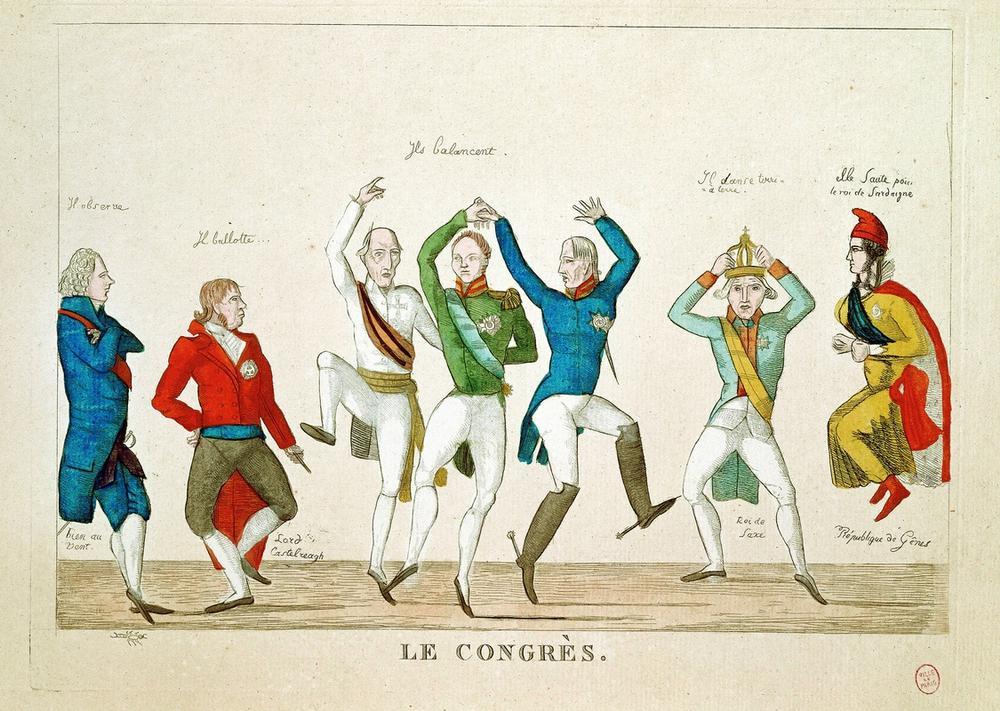
You can find an overview of ongoing debates with our journalists here . Please join us!
If you want to start a conversation about a topic raised in this article or want to report factual errors, email us at english@swissinfo.ch.